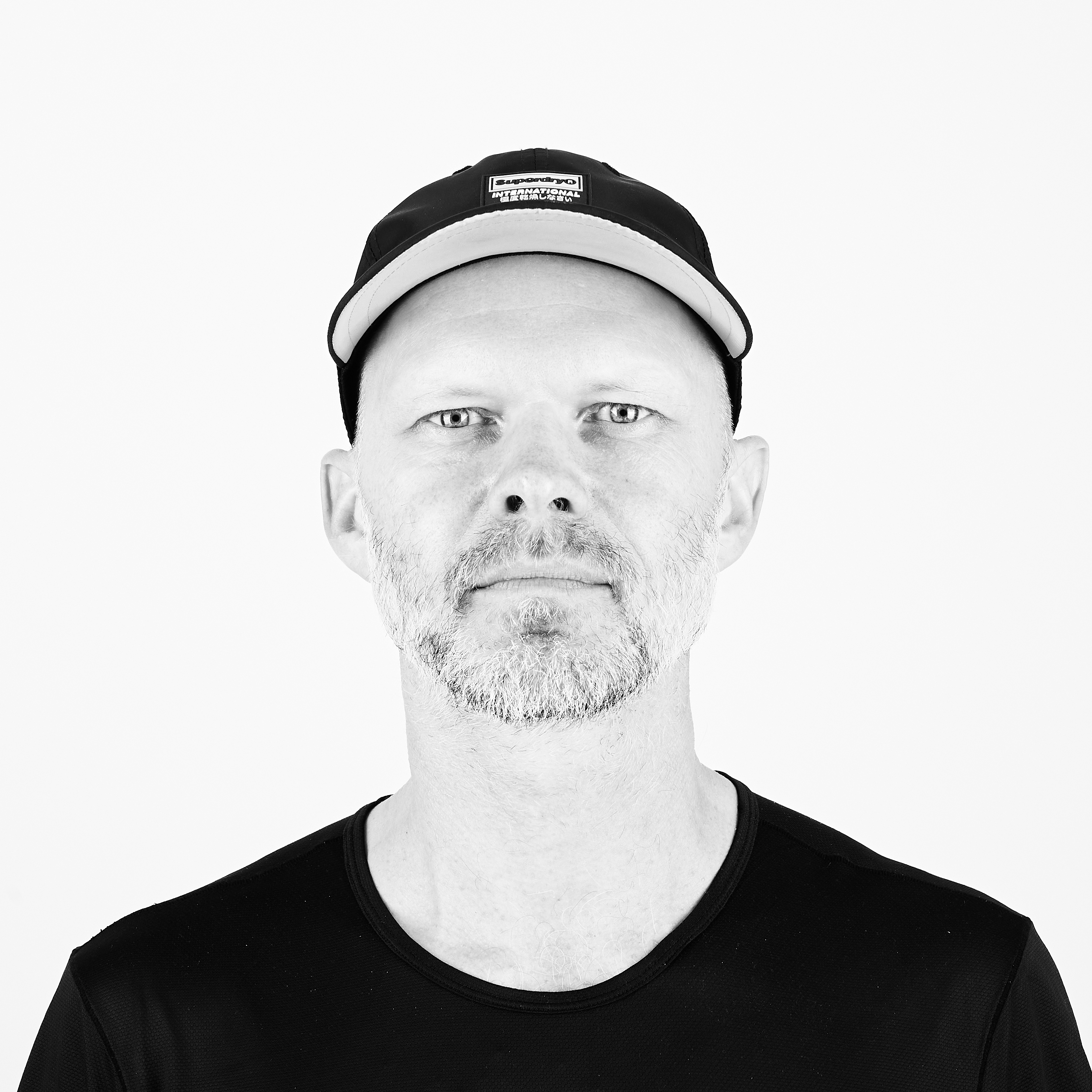Mindaugas Gapševičius is an interdisciplinary artist and researcher in Berlin, who works at the intersection of biology, new technologies, and media art. Both his academic research and his artistic practice seek to redefine what we consider "alive" by exploring our interconnectedness with all life forms (nonhuman and artificial).
If someone wanted to summarise his work in one line, that could well be: "How do non-human actors impact human creativity and vice versa".
Gapševičius' works are exhibited at prestigious venues like Ars Electronica delving into topics like cloning, symbiotic relationships, and the impact of machines on creativity. In his work the audience often takes the role of the researcher, as he takes on the role of facilitator, providing spaces and tools to foster cultural experimentation.
It’s practice-based research aiming to rethink the aesthetics of current media art, particularly how maker culture and the hybridization of organisms and technology affect how art is experienced. It sounds fascinating and up to date but it also takes a lot of administrative and logistical effort, sometimes at the cost of creation. And even then it feels precarious to an extent.

Making art on the edge
Mindaugas runs two maker spaces and art labs in both Vilnius, Lithuania, and Berlin, Germany, - spaces for community and interdisciplinary experimentation - while also teaching at the Bauhaus University in Weimar. His labs experiment with ways of knowing and being together that acknowledge our imbrication within wider ecologies of humans and non-humans, matter, and microbes.
“To maintain these facilities I have been working simultaneously on different projects whether there are European projects, local projects, or national ones”. Funding comes from grants, teaching, and participant contributions, allowing experimentation beyond traditional institutions.
When asked to tell us what were the most critical moments in this academic and artistic adventure, Mindaugas immediately thinks of two moments: The Covid pandemic and a job at the University of Bauhaus.
“After COVID, I had a feeling that the funding went down, and the competition went up. But maybe it’s only because I grew a little bit older. A new generation is entering the stage” he reflects loudly when asked about his social status.
Obtaining an academic position provided stability allowing him to grow academically and artistically. "Some form of basic income for artists is necessary to let them focus on generating cultural initiatives rather than commercial production," he argues.
In Lithuania, he enjoyed his artist status for about 15 years. “ Even having no job at that time, it was quite good. The “status” in Lithuania would mean, if you don't have income or enough income, the state would pay for your social benefits” he explains.
In Germany, the status is different as it doesn't provide the same benefits. Instead, it offers significant discounts on social security and tax exemptions, but also it provides more opportunities for project-based work.
The status of the artist
The status of the artist may not be unified across the continent but bureaucracy is. Mindaugas usually works with many partners all over Europe.
“Before getting a job in Academia, I had a lot of stress. Sometimes I would not have money to pay my rent, for example. Artists who don't want to go into some kind of commercial production, need to have stable support from the state. Artists should not be focusing on sales, but rather on generating interesting ideas for our societies” he argues. "Artists generate ideas interacting with communities free from calculated profit," he adds.
Raised in post-Soviet Lithuania, Mindaugas recalls a time when people prioritized connection over finances, shaping his interest in cultivating a world free from commercialism. After studying art in Vilnius, he co-founded the first Lithuanian media art platform Institutio Media in 1998.
His doctoral thesis examined "how the hybridization of living organisms and technologies impacts art audiences in maker culture." For Mindaugas, Art serves as a platform for experimenting with new ways of relating and perceiving the world. It amplifies the wonder within our ordinary interconnectedness with life in all its forms.
You can find out more about his work: here
@credit: Arūnas Baltėnas









